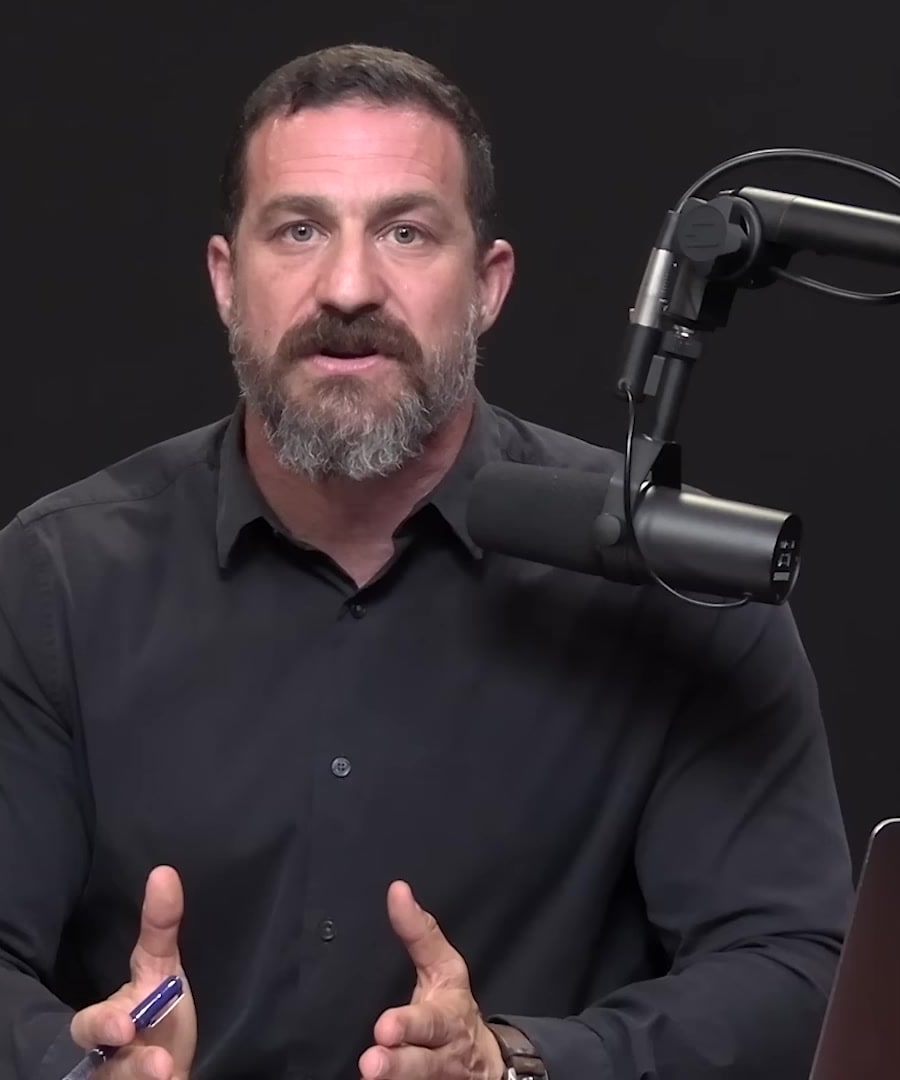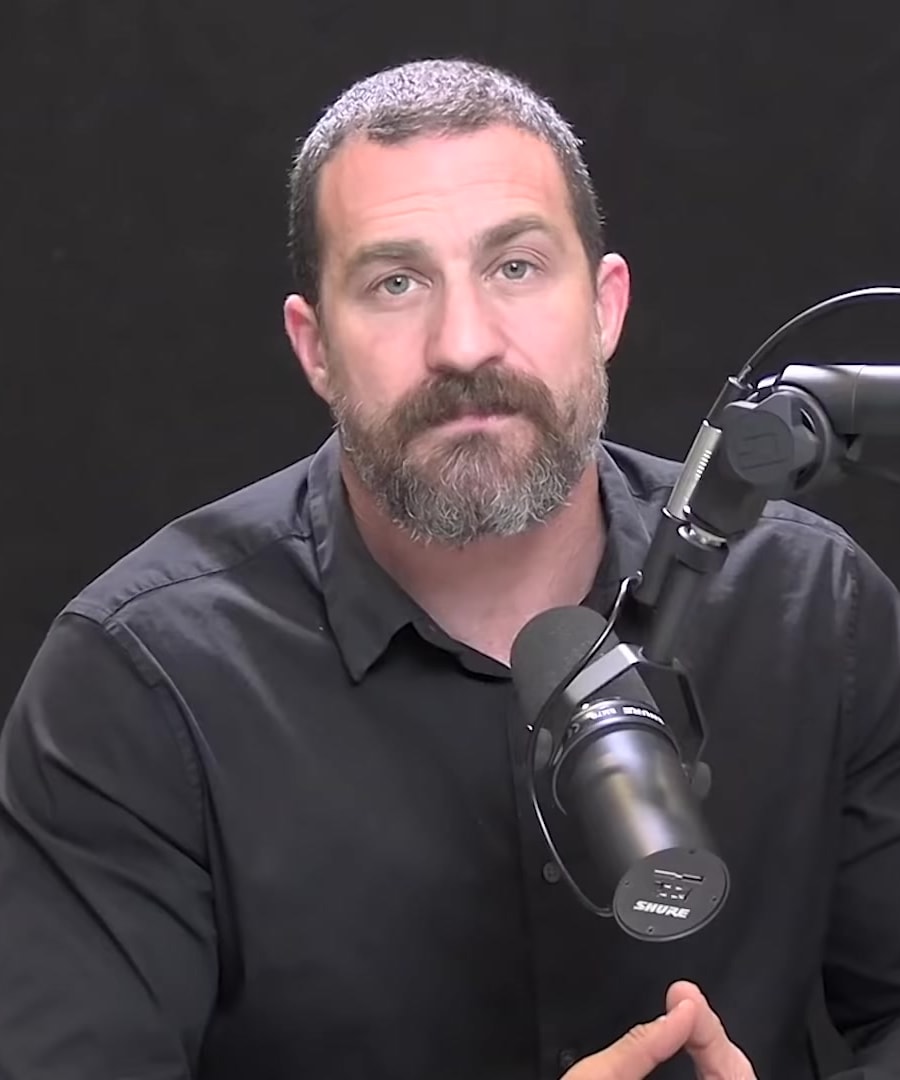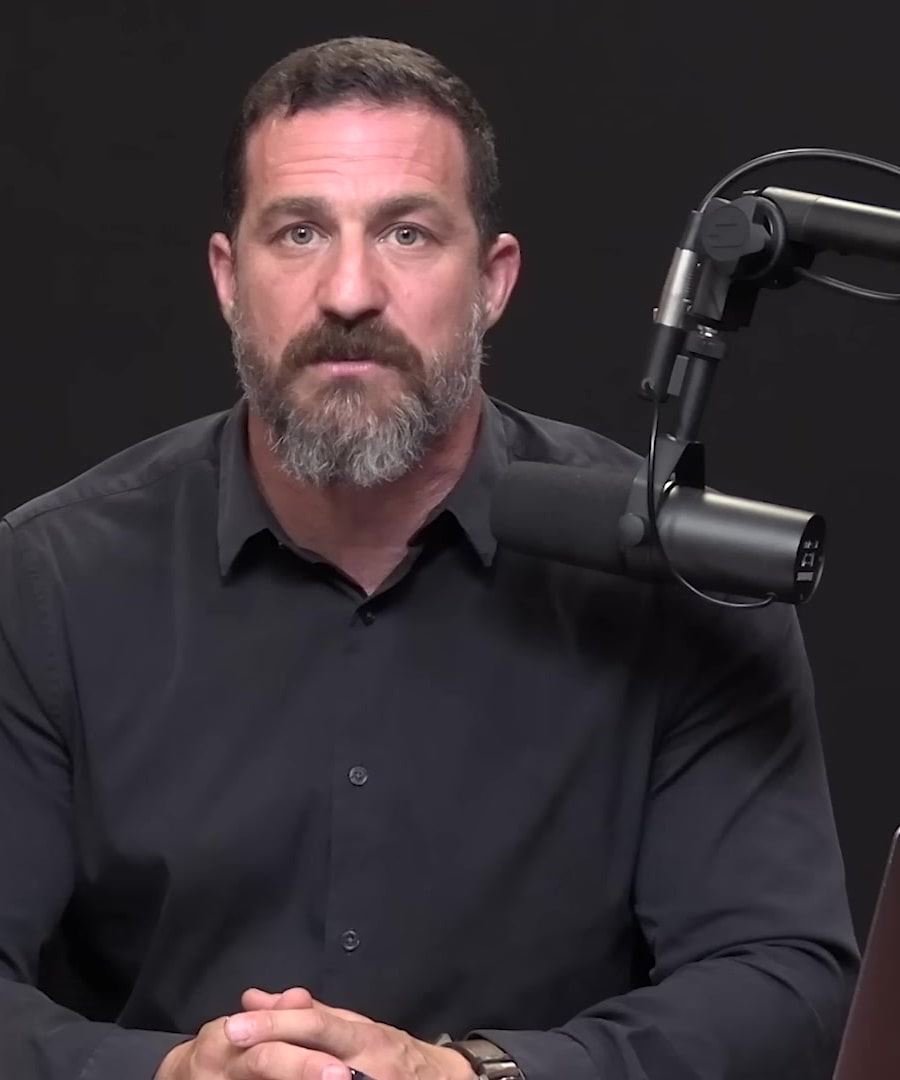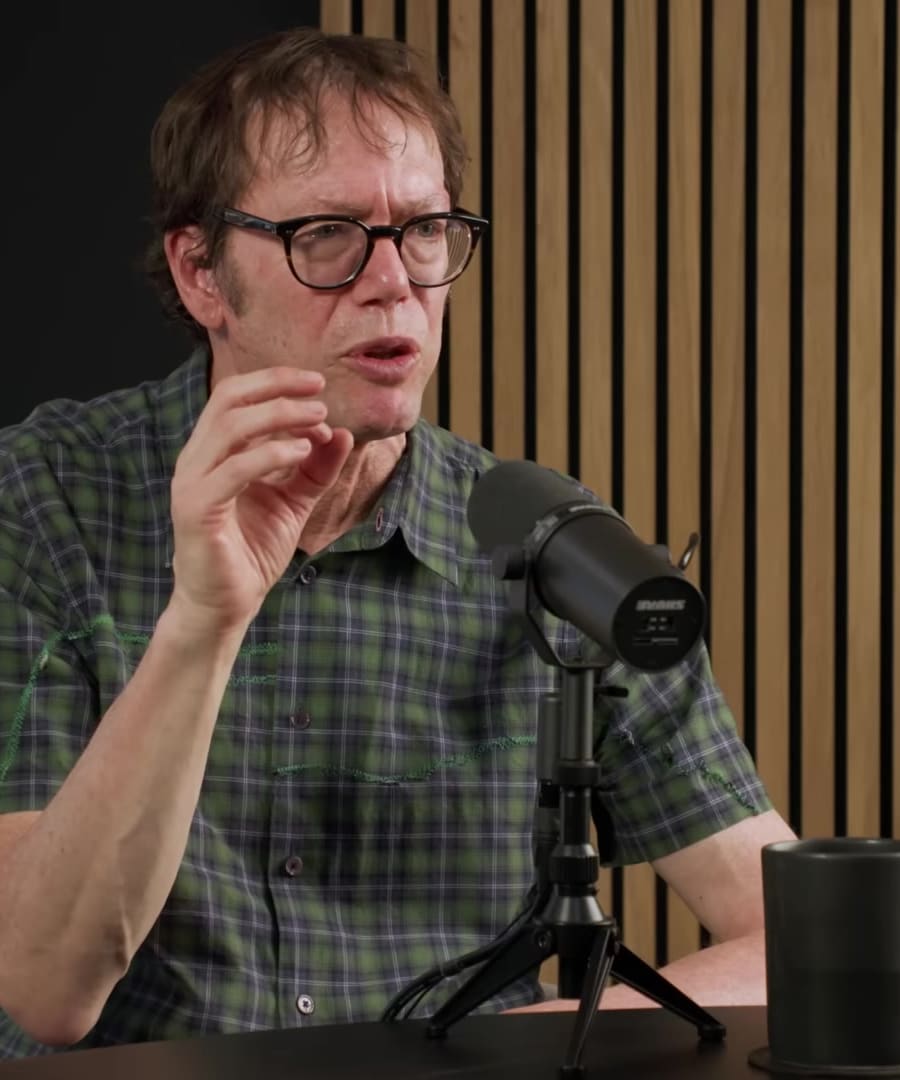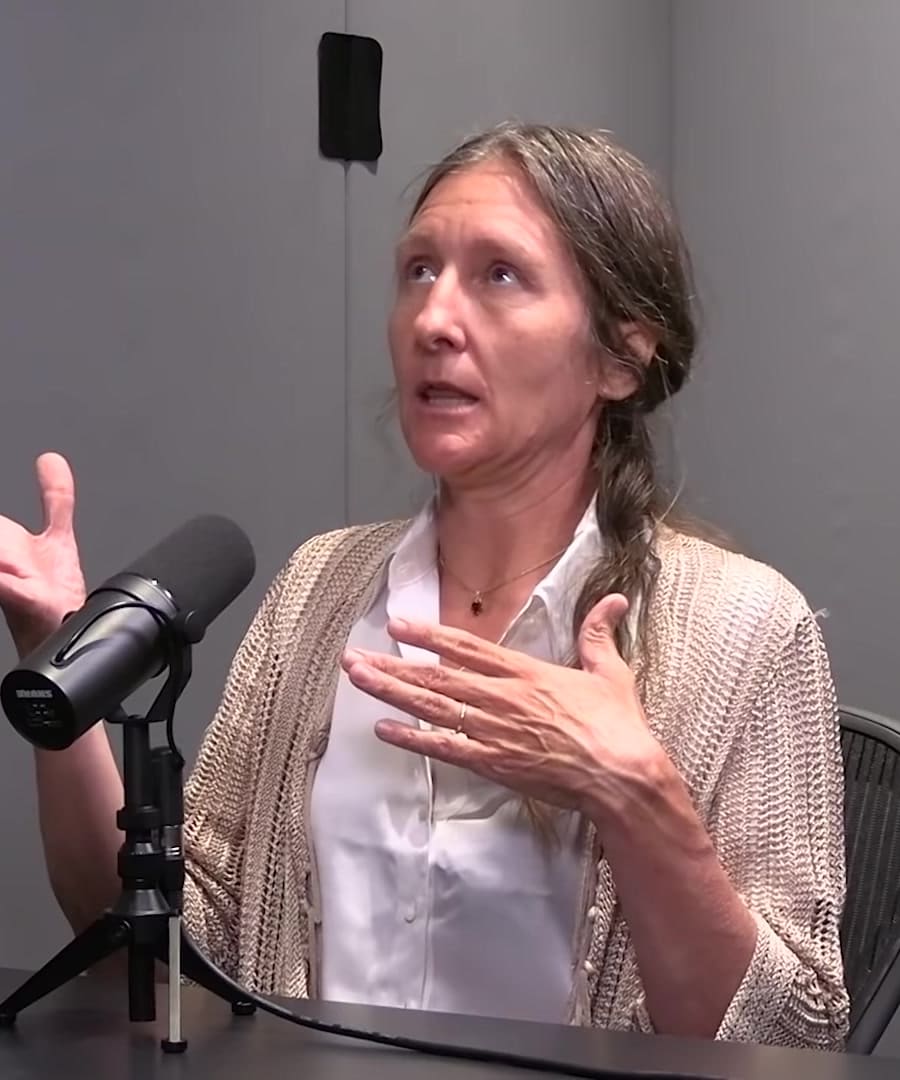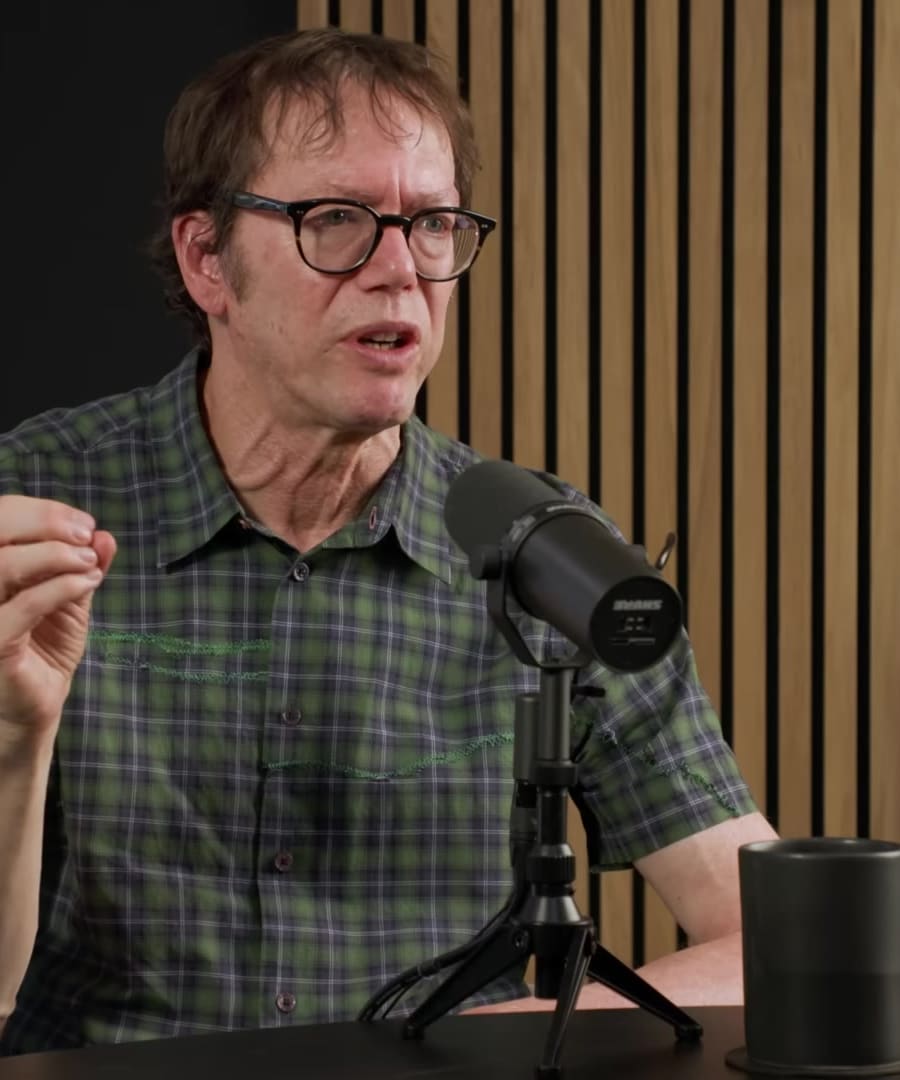How to find what you want?
I couldn't find any specific discussions on "how to find what you want" in the . However, often discusses goal setting and methods to enhance personal and professional growth through various scientific and psychological approaches.
If you can provide more context or specifics on your goals or what you mean by "what you want," I might be able to offer more tailored information from the podcast's content.
RELATED QUESTIONSHow to find what goal I want to pursue?
Sources:
To determine what goal you want to pursue, suggests focusing on defining a single priority goal to increase the likelihood of achieving it. Here are some key strategies and protocols he discusses:
-
Singular Focus:
- Most individuals fail when they attempt to achieve multiple goals at once. It's vital to select just one goal and make it a priority, placing other desires on hold temporarily. This approach helps in focusing your efforts and resources on one objective at a time 1.
-
Defining Criteria:
- Consider your interests, values, motivations, and available resources when choosing your goal. This reflection can lead to a more informed and personal decision. Once you decide on a goal, other pursuits should be paused or integrated minimally 1.
-
Using Visual and Cognitive Focus:
- Limit distractions in both your visual and cognitive spaces. This might mean physically organizing your workspace to reduce visual clutter, helping you concentrate on your goal. The idea is to minimize other goals that could draw your attention and effort away from your main objective 2.
-
Goal Measurement and Time Frame:
- Establish measurable aspects of your goal, such as the overall timeline for achievement and the daily or weekly time commitment. This structure helps in creating a disciplined approach to goal pursuit 3.
-
Writing It Down:
- Document your goal and the specifics of its pursuit on paper. Writing helps in clarifying and reinforcing the goal, which in turn, increases the likelihood of success 4.
By narrowing down to a specific goal and focusing your efforts, you can enhance your chances of success and maintain motivation throughout the goal pursuit process.
RELATED QUESTIONS-
This assumes I already know the gual, but what to do when I don't have any list of goals?
When beginning the journey to identify personal goals, emphasizes the importance of exploring and understanding your interests and passions. Here are some steps to help uncover a goal when you don't already have a list:
-
Self-Reflection:
- Start with introspection. Consider questions about when you feel most fulfilled, engaged, or happy. Reflect on past experiences where you felt a strong sense of satisfaction or purpose.
-
Experimentation:
- Try new activities and experiences. This can help you discover hidden passions or reinforce your interest in areas you've dabbled in before.
-
Seek Feedback:
- Talk to friends, family, or mentors about what they think are your strengths or areas where you shine. Sometimes, external perspectives can reveal new paths or confirm nascent interests.
-
Explore Your Values:
- Understanding what you value most can align your goals with your personal philosophy, increasing the likelihood that pursuing these goals will be rewarding and sustainable.
-
Look for Patterns:
- Review your activities, jobs, and hobbies to identify patterns that might suggest a deeper interest or a recurring theme in your life.
Once you have a clearer idea of your interests and values, refining them into specific goals becomes easier. If a direct reference or discussion from related to these strategies is located, it will further solidify these suggestions.
RELATED QUESTIONS-
How to identify my interests and passions
Sources:
To identify your interests and passions, several key insights and strategies can be helpful:
-
Recall Early Interests:
- Reflect on activities and subjects that captivated you during your childhood or early life. Famous examples include Robert Greene's fascination with words and languages, Albert Einstein's obsession with invisible forces demonstrated by a compass, and Steve Jobs' attraction to technological designs. These early interests often signal intrinsic passions that can guide your career and hobbies 1.
-
Listen to Your Inner Voice:
- Over time, the influence of teachers, parents, and peers might have overshadowed your own preferences and passions. Reconnecting with your inner voice can help rediscover what truly interests you. This requires tuning out external expectations and focusing on what resonates personally with you 1.
-
Engage in Purposeful Activities:
- Instead of searching for a predefined "passion," look around at what needs doing in your environment. Engaging in meaningful tasks, even simple ones, can lead to fulfillment and reveal deeper interests. This approach is particularly insightful for those feeling disconnected from their passions 2.
-
Emotional Engagement and Learning:
- Connect emotionally to what you do. Emotional engagement not only makes activities more fulfilling but also enhances learning and retention. Identifying tasks or fields that evoke this level of engagement can guide you towards your passions 3.
These strategies encourage introspection and active engagement with the world around you, facilitating a deeper understanding of your personal interests and passions.
RELATED QUESTIONS-
How to find what you want?
- RELATED QUESTIONS
How to find what goal I want to pursue?
- RELATED QUESTIONS
This assumes I already know the gual, but what to do when I don't have any list of goals?
- RELATED QUESTIONS
How to identify my interests and passions
- RELATED QUESTIONS
